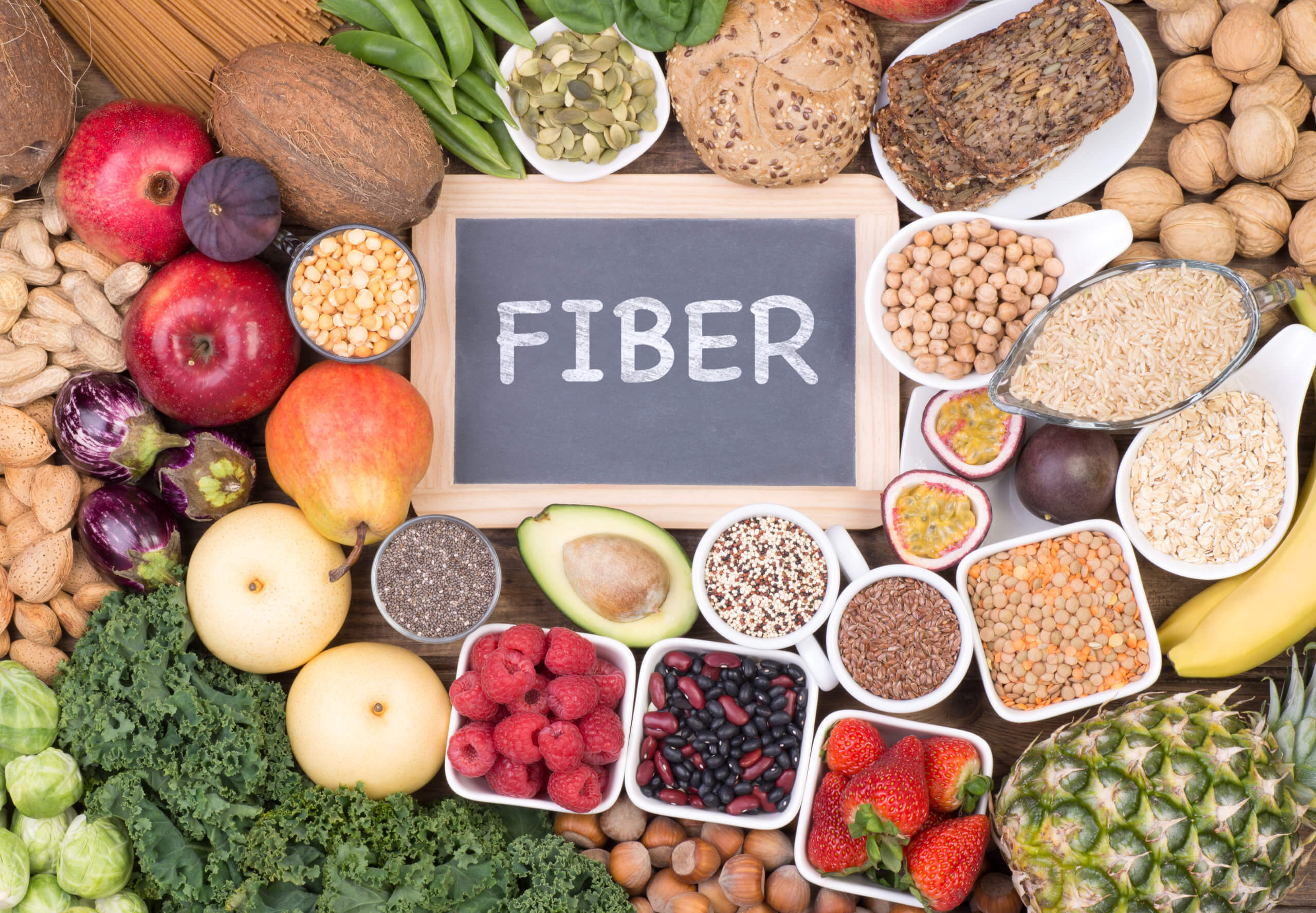Fiber-rich foods like vegetables and whole grains are often recommended for aiding gut health, weight loss, and preventing diseases like diabetes and cancer. However, consumption of refined fibers may put people with vascular abnormalities at risk of developing liver cancer, according to scientists at The University of Toledo.
“We have worked for a long time on this idea that all diseases start from the gut,” says Dr. Matam Vijay-Kumar, a professor in the Department of Physiology and Pharmacology in the College of Medicine and Life Sciences and the paper’s senior author. “This study is a notable advancement of that concept. It also provides clues that may help identify individuals at a higher risk for liver cancer and potentially enable us to lower that risk with simple dietary modifications.”
Vijay-Kumar and team published a 2018 study reporting that a high percentage of mice with immune system defects went on to develop liver cancer after consuming a diet rich in inulin, which is a refined, plant-based fiber source most commonly found in chicory root. While chicory isn’t a typical part of the Western diet, inulin is fortified in plenty of processed foods that are. The team was pretty surprised at their results, as it’s commonly accepted that inulin supports metabolic health, and liver cancer isn’t usually observed in mice.
This new study addresses these findings and adds onto them with the intent of clearly identifying human implications. The work led them to find that all mice that developed cancerous tumors had high blood concentrations of bile acids caused by a previously unnoticed and exceedingly rare congenital defect called a portosystemic shunt. This type of shunt causes blood from the gut to travel away from the liver and return to the body’s general circulation. This blood has lots of bacteria and consequently causes inflammation in the immune system. Additionally, it causes the liver to synthesize excess bile acids that end up going into the body instead of the gut.
Researchers observed that while all mice with excess bile acids in their blood were more at risk of developing liver cancer, only those fed inulin progressed to actually getting it. In fact, 100% of these mice did, while none of those with low bile acids that were fed the same diet did.
“Dietary inulin is good in subduing inflammation, but it can be subverted into causing immunosuppression, which is not good for the liver,” explains Dr. Beng San Yeoh, a postdoctoral fellow and the paper’s first author.
Further, the researchers tested bile acid levels in samples collected between 1985 and 1988 as part of a comprehensive cancer prevention study. In the 224 men who developed liver cancer, their bile acid levels in the blood were 2x higher than men who didn’t. Through statistical analysis, those with the most blood bile acid levels had over a four-fold increase in cancer risk. Considering this and previous research, the team agrees that analyzing cancer from a different lens by utilizing bile acid levels as a biomarker for liver cancer risk may improve clinical outcomes.
This study is published in the journal Gastroenterology.
